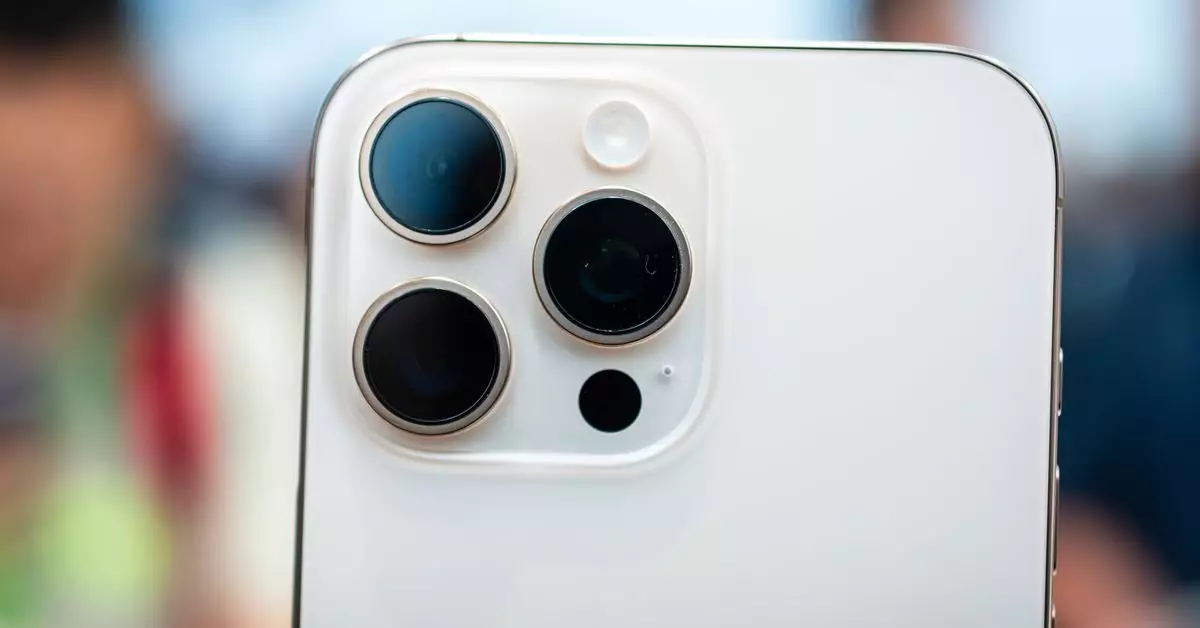Apple Inc. has once again stirred the pot among its loyal customer base by announcing a price increase for battery replacement services specifically targeting the iPhone 16 Pro and Pro Max models. Effective immediately, the cost of replacing a battery in these devices has risen to $119—an increase of $20 compared to earlier fees. While this adjustment may not seem egregious at first glance, it underscores a broader trend that raises eyebrows among consumers and technology enthusiasts alike.
Price hikes, especially in the realm of essential repairs, often evoke dissatisfaction from users, particularly when they have come to expect a certain standard from a brand like Apple. While the price for the standard iPhone 16 models and last year’s models remains unchanged, the move to raise the cost for the Pro versions feels particularly disproportionate. It indicates a calculated shift in Apple’s pricing strategy that may prioritize profit margins over customer satisfaction. With a history of similar price adjustments—it’s still fresh in consumers’ minds that the iPhone 14 battery service jumped by $30 in 2022—the question looms larger: Is Apple leaning towards more robust revenue generation tactics at the cost of consumer trust and loyalty?
Historical Context and Consumer Sentiment
There was a time when Apple’s $29 battery replacement option seemed almost generous, a reflection of the company’s commitment to customer care. However, with the increasing cost of battery replacements, there is a growing sense that users might need to explore alternatives. Current warranties cover defective batteries, but once a battery outlives its stipulated warranty—even if it still retains a greater than 80 percent capacity—the options become narrow and financially painful. Consumers facing poor battery performance are left with limited recourse: either turn to third-party repair services, which may not uphold the same quality standards, or attempt a DIY fix—with all its associated risks.
Such scenarios exacerbate tensions between customers and the brand. Loyal users often expect a premium for their commitment to Apple products, but regular price increases for essential services can lead to frustration and erode brand loyalty over time.
Though Apple has not yet extended similar price hikes to other battery repairs—such as for iPads, MacBooks, or earlier iPhone models—one can’t help but feel that this could change in the near future. As the tech industry continues to evolve, so do the costs associated with parts and repairs. Customers who previously considered Apple products a premium yet reliable investment may find themselves questioning that narrative, especially as they are hit harder in the pockets.
The battery replacement situation brings to light the need for transparent pricing and consumer-friendly policies. For now, users may need to weigh their options carefully—choosing between staying within the Apple ecosystem or venturing out for potentially more cost-effective solutions. As the cost of repairs rises, consumer attitudes may shift significantly, creating a pivotal moment for Apple to reconsider how it approaches customer relationships moving forward. The essence of innovation should ideally extend beyond hardware and software into the realm of customer service and support.


Leave a Reply
You must be logged in to post a comment.